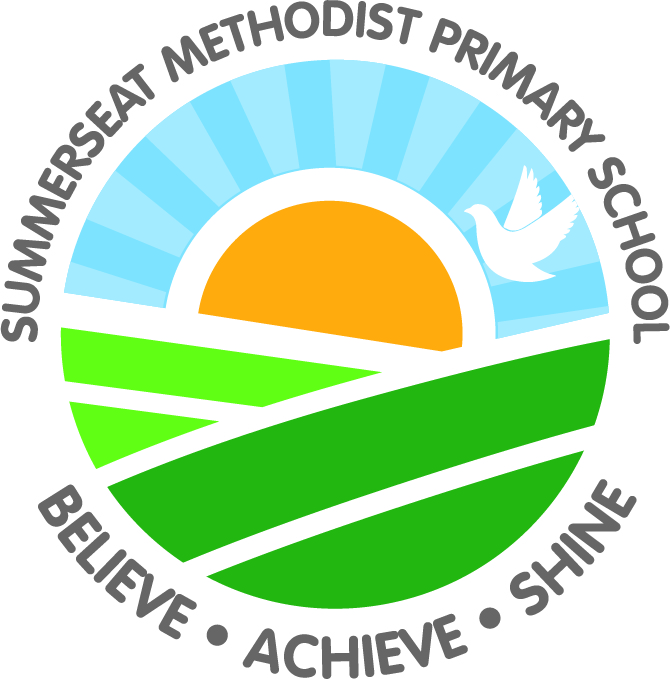Science
All science topics covered at Summerseat Methodist are divided into the three key strands of Biology, Chemistry and Physics, an overview of these topics, as well as the specific learning challenges covered by all year groups can be found within the Long term overview document below. When planning challenging and engaging lessons, teachers refer to the ‘Science Steps in Learning’ which provides a progression framework for scientific skills and knowledge which is closely matched to the expectations within the National Curriculum and the Early Years Foundation Stage Framework.
In line with the National Curriculum aims for science our science curriculum ensures that all pupils:
• develop scientific knowledge, vocabulary and conceptual understanding through the specific disciplines of biology, chemistry and physics
• develop understanding of the nature, processes and methods of science through different types of science enquiries that help them to answer scientific questions about the world around them. We have a significant focus on working scientifically
• are equipped with the scientific knowledge required to understand the uses and implications of science, today and for the future
At Summerseat Methodist Primary, we use a combination of exciting and engaging topics, each of which is centred around an overarching question that engages and 'hooks' the children's interest, alongside experiments and investigations, which allow the children to experience the true wonder and amazement of Science in a memorable way. Science has changed our lives and is vital to the world’s future prosperity, and all pupils should be taught essential aspects of the knowledge, methods, processes and uses of science. Each topic has a book focus to further enhance and scaffold learning within a unit.
‘Working scientifically’ permeates our science curriculum and is embedded within the content of biology, chemistry and physics focusing on the key features of scientific enquiry, so that pupils learn to use a variety of approaches to answer relevant scientific questions. These types of scientific enquiry include: observing over time; pattern seeking; identifying, classifying and grouping; comparative and fair testing (controlled investigations); and researching using secondary sources. Pupils seek answers to questions through collecting, analysing and presenting data.
Science in Early Years
The children in Reception begin to develop their love of science early on. Science activities are built into continuous provision learning opportunities and focused activities. Children are encouraged to be curious, ask questions and be careful observers.
Science in Key Stage One
In KS1, children have dedicated Science lessons. The principal focus of science teaching in key stage 1 is to enable pupils to experience and observe phenomena, looking more closely at the natural and humanly-constructed world around them. They are encouraged to be curious and ask questions about what they notice. They develop their understanding of scientific ideas by using different types of scientific enquiry to answer their own questions, including observing changes over a period of time, noticing patterns, grouping and classifying things, carrying out simple comparative tests, and finding things out using secondary sources of information. They begin to use simple scientific language to talk about what they have found out and communicate their ideas to a range of audiences in a variety of ways. Most of the learning about science in KS1 is done through the use of first-hand practical experiences, but it is supported through the use of appropriate secondary sources, such as books, photographs and videos.
Science in Key Stage Two
In KS2, children have dedicated Science lessons to help them develop a deeper understanding of a wide range of scientific ideas. The KS2 curriculum involves children exploring a range of scientific areas through investigation and enquiry followed by time given to record, report and analyse results. Children are encouraged to make predictions and observe changes over different periods of time, noticing patterns, grouping and classifying things, carrying out comparative and fair tests and finding things out using a wide range of secondary sources of information. Children will draw conclusions based on their data and observations, use evidence to justify their ideas, and use their scientific knowledge and understanding to explain their findings applying English, mathematical and computing skills learned within the school.
